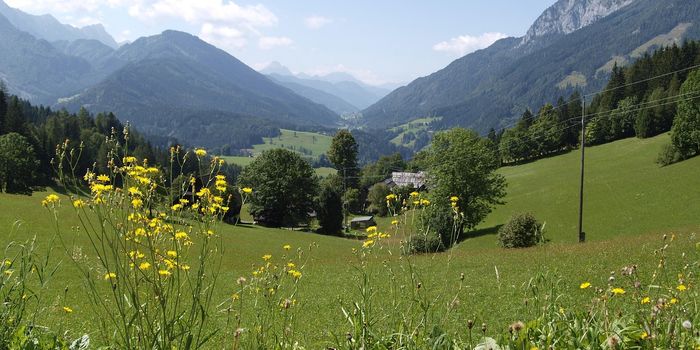Fishermen unite to sue big oil
Almost a month has gone by since fishermen in California and Oregon filed suit against big oil in California's Superior Court, demanding compensation for damages done to the fishing industry. The lawsuit is colloquially being called the crabbers’ suit because many of the members making up the plaintiff, The Pacific Coast Federation of Fishermen's Associations, rely on crabbing for their livelihoods.
The federation is suing the fossil fuel industry, including major companies like Chevron, ExxonMobil, BP, and Shell Oil, under the claim that it has known about the dangers of fossil fuels and climate change for decades but has deliberately hidden information from the public as well as spread misinformation campaigns.
"Instead of working to reduce the use and combustion of fossil fuel products ... and ease the transition to a lower carbon economy, Defendants concealed the dangers, sought to undermine public support for greenhouse gas regulation, and engaged in massive campaigns to promote the ever-increasing use of their products at ever greater volumes," the crab fishermen's lawsuit states. Such actions have in turn drastically increased ocean temperatures, thus affecting fisheries.
Small-scale fisheries have been particularly impacted because of higher concentrations of domoic acid in the ocean, a neurotoxin produced by blooms of toxic algae whose growth is triggered by heatwaves in water temperature. Domoic acid can make Dungeness crab, the West Coast’s prime crab species, as well as other shellfish unsafe to eat. Due to domoic acid outbreaks in recent years, the fisheries industry has suffered from shortened crabbing seasons, resulting in substantial economic losses.
NPR reports that “Noah Oppenheim, the executive director of the Pacific Coast Federation of Fishermen's Associations, says the 2015-2016 crab fishing closure resulted in direct financial losses that caused some boats in the fleet of about 1,000 to leave the fishery. Subsequent closures, also caused by domoic acid concerns, have further strained the industry, which in California and Oregon is worth about $445 million, according to Oppenheim.”
The crabbers’ lawsuit seems to be the first time food producers have joined together to file suit against the fossil fuel industry. There is hope that this move will encourage other industries to also take action to hold big oil and gas accountable.









